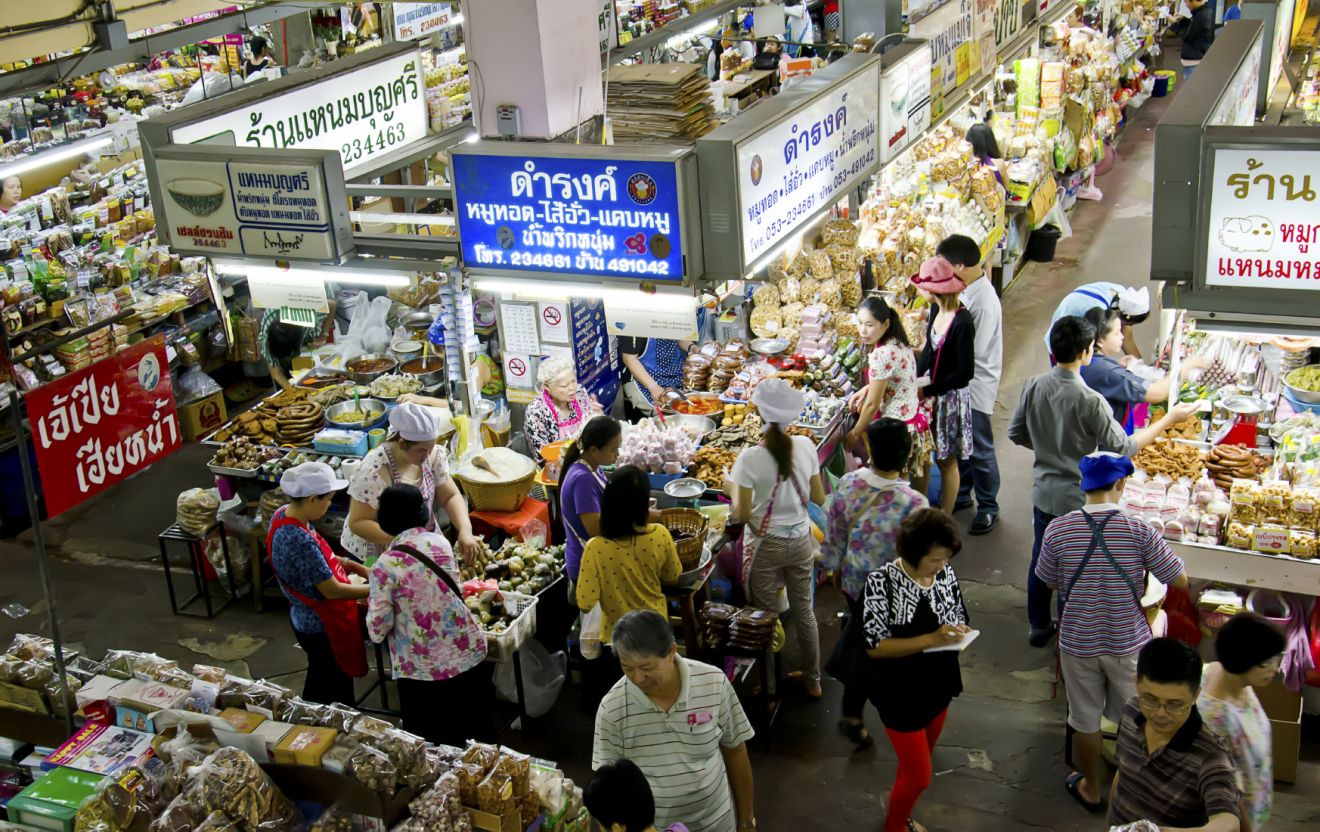
In the backdrop of Thailand’s worst floods in over 60 years, Unilever came up with an idea of assisting a flood stricken owner of a local mom and pop shop. What started out as a wish to help a single shop owner soon spawned into a branded store concept under the Unilever Sustainable Living Plan (USLP), which sought to benefit the local community and Thailand’s general trade overall.
THE CHALLENGE: Since the initiation of the trade liberalisation regime in 1996, general trade in Thailand – comprising wet markets and small-scale, independent mom and pop shops – had been squeezed out by modern convenience store chains. Typically located in prime residential areas in urban Thailand and in the heart of rural communities, these mom and pop shops were known for their familiarity with customers and flexible service. While these shops lacked modern conveniences, such as wide isles and air-conditioning; and sophisticated merchandising and marketing techniques, their strengths lay in their personal relationships and tailor-made services, such as on the spot package sizing, extended credit and local knowledge. This pose a challenge, that Unilever Thailand decided to respond, as explained by Rob Rijnders, Vice President of Customer Development “ Unless general trade re-invents and re-brands itself, it will be extremely difficult to survive in the market”.
When floods hit Thailand in 2011, many mom and pop shops were destroyed, and the owners lost their only source of livelihood. Ratchtar Karasuddhi (‘Jack’), the head of business development for general trade at Unilever, came with an innovative idea to restore, modernise and re-brand one such convenience store.
THE STRATEGY: Despite its destruction, the mom and pop shop had an excellent location and high customer foot traffic. Jack believed that with a bit of remodelling and better visibility, the shop could not only be revived, but become a serious alternative to the modern trade convenience stores down the road. The store was re-painted with new signage and additional lighting to attract attention. The merchandise displays were improved. The renovation and fresh branding was an immediate success – within the first six months, sales grew by 400%.
The good news caught on, and within four months, another four shops in the same neighbourhood were converted into Platinum Stores, as they came to be known within the company. Jack sought the support of Unilever Thailand leadership to expand the scope of the programme, and it was fully supported. Under the USLP, the seeds of developing sustainable business practices took root in Thailand. Key elements of the Platinum Store concept were:
- Branding for the community: The Platinum Store was a community enhancement project, not a new retail concept for Unilever. All branding, promotions and advertising was done under the Platinum Store name and logo, and Unilever was not mentioned unless it related specifically to a promotion of their products.
- Enlisting the mom and pops shops: Unilever worked closely with individual shop owners to explain the benefits of the programme. After some initial hesitation, they bought into the concept, which had begun to show results amongst peers.
- Store design and layout: Each mom and pops shop varied in size and characteristics and therefore store required a unique planogram. The store conversion was a cooperative effort between the shop owner and Unilever, making it more akin to the modern trade convenience stores, without losing the family elements of local trade.
- Leveraging network benefits: Unilever operated through a network of 70 concession-based distributor-owners, seen as ‘ambassadors’ of all Platinum Stores in their territory. Their responsibilities went beyond making timely deliveries, and their regular store visits included surveying the store, assisting with shelving and signage, engaging in a dialogue with the shop owner and customers, and providing feedback to Unilever on areas of progress or concern.
THE RESULTS: 7,800 Platinum Stores were inaugurated between March 2012 and July 2014. Sales of the converted stores on average grew by 14%. Working with the community, Unilever was able to create a new distribution channel that helped enhance the livelihood of the shop owners, develop a sustainable solution for their fledgling businesses, and create a community ecosystem under a common brand.
THE LESSONS: The principles of consistency, availability, assurance and value are at the heart of every brand. While it is challenging to build a brand for others, i.e. the shop owners, empowering a community to do so is in itself an impactful achievement. As Jack commented, “When the Platinum Store becomes a surrogate for quality; we would have achieved our goal.”
“The Platinum Store concept, when executed properly, can help the local stores enhance their livelihood and improve their competitiveness, in the context of the increasing market share of modern trade” added Rob to summarize significance of the initiative to overall trade configuration in Thailand.
Follow us on Twitter (@sgsmuperspectiv) or like us on Facebook (https://www.facebook.com/PerspectivesAtSMU)